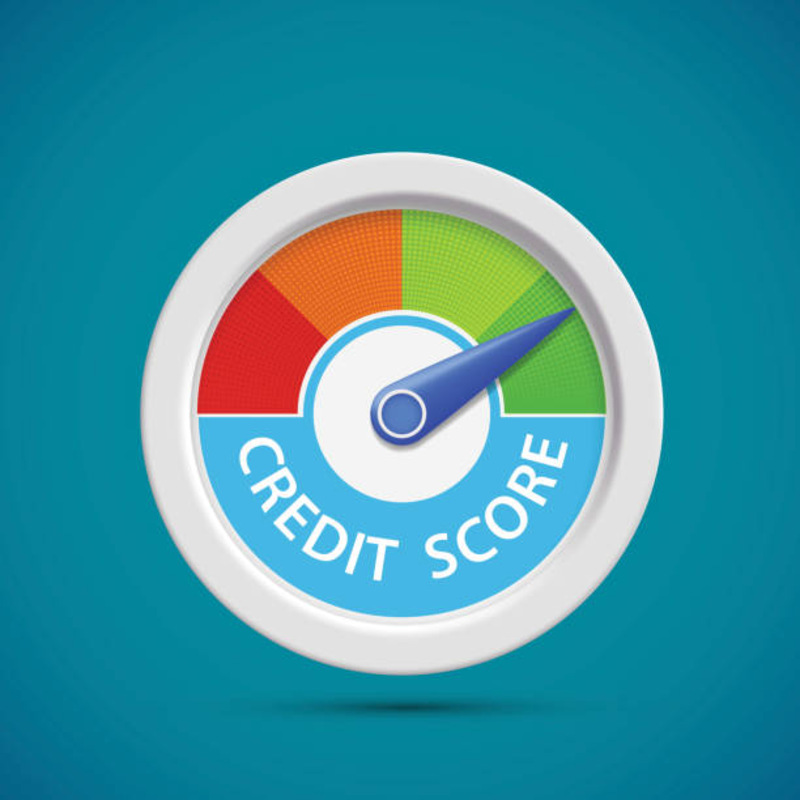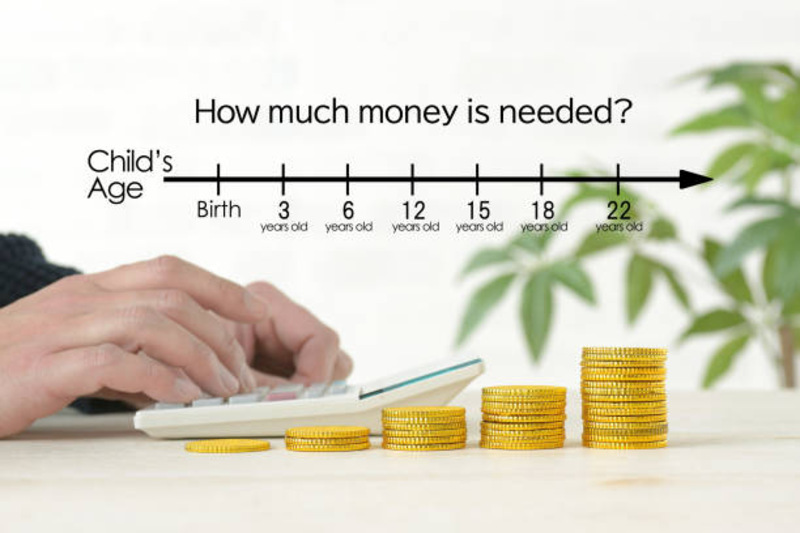Boosting Your Credit Score: How Long Does It Take?
Nov 23, 2023 By Triston Martin
Boosting your credit score isn't an overnight process; it requires time, patience, and a consistent effort to maintain healthy financial habits. The time taken to improve a credit score largely depends on the starting point and the steps one is taking to enhance it. For minor dings on your credit report, such as a late payment or two, it might take up to a year of on-time payments to see a noticeable difference. For more serious credit issues like bankruptcy or foreclosure, it could take several years for your score to significantly increase. It's crucial to remember that the journey to a high credit score is a marathon, not a sprint, and the best approach is to manage your credit responsibly over time.
Factors that Influence Credit Score:

- Payment History: This is one of the most significant factors in credit score calculations. It reflects how consistently you've made debt payments on time, and includes credit card bills, mortgages, student loans, and other debt. Late or missed payments can significantly lower your credit score. Even one late payment can impact your credit score, and multiple late payments can have a compounding effect. It's crucial to make all payments on time to maintain a good credit score. In case you've had some late payments, the best course of action is to get back on track and maintain a streak of on-time payments.
- Credit Utilization Rate: This is the ratio of your outstanding credit card balances to your credit card limits. It plays a substantial role in your credit score calculation. Regularly maxing out your credit cards can lead to a high credit utilization rate, which might negatively impact your credit score. Generally, it's recommended to keep your credit utilization rate below 30% to maintain a healthy credit score. If your credit utilization rate is high, you can work on lowering it by either paying down your balances or increasing your credit limits.
- Credit Mix: This refers to the different types of credit you have. It includes revolving credit (such as credit cards) and installment credit (like loans). Creditors like to see that you can handle a mix of different types of credit responsibly. Having a diverse range of credit – from car loans and mortgages to credit cards and student loans – can positively impact your credit score.
How to Improve Credit Score?
- Regularly Checking Credit Reports: Regular monitoring of your credit reports helps you keep track of changes to your credit score and identify any potential errors that might negatively impact it. Errors such as incorrect late payment records, duplicate accounts, or identity theft can lead to a drop in your credit score. If you spot such inaccuracies, you should immediately dispute them with the respective credit bureau. Most financial experts recommend checking your credit report at least once a year.
- Paying Bills on Time: Making timely payments is one of the most effective ways to boost your credit score. Your payment history, which largely comprises your track record of paying bills on time, carries significant weight in credit score calculations. This includes not just credit card bills, but also utilities, rent, and other loan payments. When a bill is paid late or goes into collections, this can be reported to the credit bureaus and hurt your credit score.
- Reducing Outstanding Debt: Another effective strategy to improve your credit score is actively working to reduce your outstanding debt. This entails chipping away at the amount you owe on credit cards, loans, and other financial obligations. Reducing your debt not only decreases your credit utilization ratio but also signals to credit bureaus and potential lenders that you are effectively managing and meeting your financial responsibilities. Strategies for debt reduction may include paying more than the minimum amount due on your credit cards each month, focusing on paying off debt with the highest interest rate first (also known as the 'avalanche method') or consolidating your debt with a lower interest loan.
- Keeping Low Balances on Credit Cards: It's important to understand that maintaining low balances on your credit cards is vital to improving your credit score. This strategy ties directly to your credit utilization rate - a critical factor in credit scoring models. If you consistently carry high balances on your cards, it suggests to lenders that you are reliant on your credit, thereby negatively affecting your credit score. Therefore, aim to keep your balances as low as possible and pay off your credit card bills fully each month, if possible.
Understanding Time Frame for Boosting Credit Score:

- Short-term strategies for slight improvements:
Short-term strategies for credit score improvement often involve slight but meaningful adjustments to your financial habits. One such strategy is making multiple smaller payments throughout the month, also known as 'micropayments'. This method can be particularly effective if you tend to use a significant portion of your credit limit each month. By making frequent payments, you can ensure your balance stays low relative to your limit, thereby improving your credit utilization rate. Another strategy is to request an increase in your credit limit on your credit cards. If granted, this increase can automatically lower your credit utilization rate, provided you don't increase your spending accordingly.
- Long-term strategies for substantial score improvement:
Long-term strategies for boosting your credit score involve more substantial and consistent efforts over a longer period. One such strategy is maintaining a long history of good credit. Length of credit history can impact your credit score, so keeping your oldest credit cards open, even if you're not using them regularly, can be beneficial. However, remember to avoid paying annual fees if you're not using the card. Another long-term strategy is refraining from opening new credit accounts too frequently. Multiple hard inquiries on your credit report can lower your score, and it's often recommended to wait at least six months between credit applications.
Conclusion:
In conclusion, improving your credit score requires a combination of both short-term and long-term financial strategies. By keeping track of your credit reports, making timely bill payments, reducing outstanding debt, and maintaining low balances on your credit cards, you can substantially enhance your credit score over time. The key lies in consistent financial responsibility and prudent credit management. Nevertheless, there's no one-size-fits-all approach to improving credit scores. It's important to understand your financial situation and adopt strategies that work best for you.

APY (annual percentage yield) vs. APR (annual percentage rate)
Understand the difference between APY (annual percentage yield) and APR (annual percentage rate) so you can easily compare financial products and make sure you get the best deal for your money.
Feb 05, 2024 Triston Martin

How To Open A Kids' Bank Account In 5 Steps
Learn to open a kid's bank account in 5 easy steps to teach them saving and financial responsibility.
Mar 14, 2024 Susan Kelly

4 Global Economic Issues Of An Aging Population In 2022
The social and economic repercussions of an ageing population are starting to become more obvious in many industrialised countries all over the world. The population is ageing faster than at any other time in history, which presents policymakers with several interconnected challenges, including rising costs of health care, unsustainable pension promises, and shifting demand drivers within the economy.
Nov 24, 2023 Susan Kelly

Price Level Targeting
Monetary policy may be implemented in a manner known as "price level targeting," which involves central banks aiming for a certain level of a price index, such as the CPI.
Feb 16, 2024 Susan Kelly

Start Day Trading Using Donchian Channels
Advance your Day Trading with Donchian Channels and develop your own strategy for profitable and effective trades per day.
Dec 30, 2023 Triston Martin

Home Equity Line Of Credit Lenders
A home equity line of credit (HELOC) might be a smart choice if you want to make significant improvements to your house in the near future but are unsure how much money the work would set you back. You will be provided with the versatility of a line of credit that you may use as required and pay back over time.
Oct 08, 2023 Susan Kelly